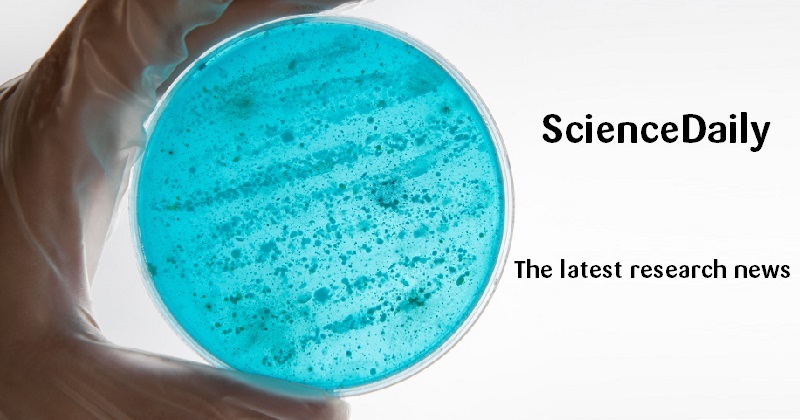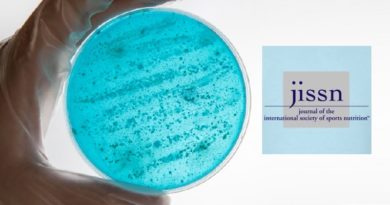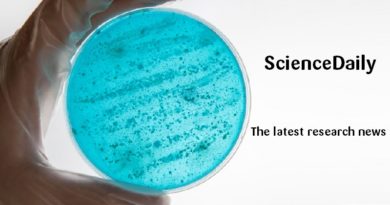Hypertension News
- Scientists are uncovering how GLP-1 drugs like Ozempic and Wegovy act on brain regions that control hunger, nausea, pleasure-based eating, and thirst. These discoveries may help create treatments that keep the benefits of weight loss while reducing unwanted side effects.
- GLP-1 drugs like tirzepatide and semaglutide offer powerful weight-loss effects but come with unanswered questions about long-term safety, side effects, and global accessibility. Researchers stress the need for independent studies before these treatments can be fully embraced worldwide.
- A wireless eye implant developed at Stanford Medicine has restored reading ability to people with advanced macular degeneration. The PRIMA chip works with smart glasses to replace lost photoreceptors using infrared light. Most trial participants regained functional vision, reading books and recognizing signs. Researchers are now developing higher-resolution versions that could eventually provide near-normal sight.
- A new pill called baxdrostat may offer hope for people whose blood pressure stays high even after taking standard medications. In a recent study, the drug lowered blood pressure and also seemed to protect the kidneys by reducing signs of damage. Doctors say this could help millions of people with chronic kidney disease, a condition […]
- Duke University scientists have discovered that pancreatic alpha cells, long believed to only produce glucagon, actually generate powerful amounts of GLP-1 — the same hormone mimicked by popular diabetes drugs like semaglutide (Ozempic and Wegovy). Even more surprisingly, when glucagon production is blocked, alpha cells “switch gears” and boost GLP-1 output, enhancing insulin release and […]
- Children with higher blood pressure as young as age 7 face a sharply increased risk of dying from cardiovascular disease by their mid-50s, according to a massive decades-long study. Researchers found that even moderately elevated readings, not just full hypertension, raised the danger, with risks climbing as much as 40–50%.
- A breakthrough pill, baxdrostat, has shown remarkable success in lowering dangerously high blood pressure in patients resistant to standard treatments. In a large international trial, it cut systolic pressure by nearly 10 mmHg, enough to significantly reduce risks of heart attack, stroke, and kidney disease. The drug works by blocking excess aldosterone, a hormone that […]
- Beta blockers, used for decades after heart attacks, provide no benefit for patients with preserved heart function, according to the REBOOT trial. The massive study also found women faced higher risks when taking the drug. Experts say the results will change heart treatment guidelines worldwide.
- Scientists have pioneered a new way to monitor sodium levels in the blood—without drawing a single drop. By combining terahertz radiation and optoacoustic detection, they created a non-invasive system that tracks sodium in real time, even through skin. The approach bypasses traditional barriers like water interference and opens up potential for fast, safe diagnostics in […]
- An analysis of data from a national health survey conducted before the pandemic found that pizza, soup and chicken are some of the main sources of sodium (salt) intake for people in all racial and ethnic groups. The study also showed clear differences among adults based on race and ethnicity.



